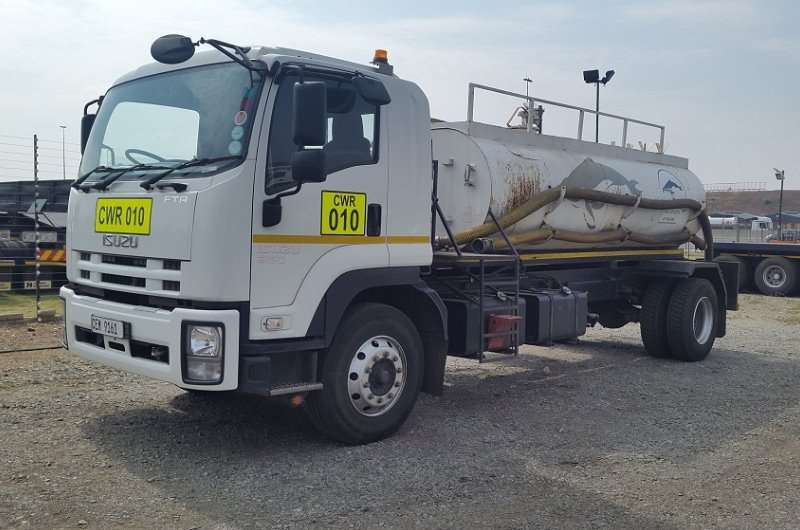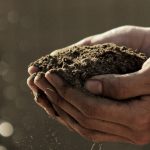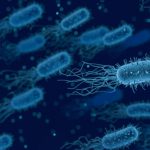We propose a use of Biotreat; BioTreat is non-pathogenic, stable powder which is a suspension of spores and vegetative micro-organisms. For the layman, it is a non-disease causing, dormant powder which is naturally occurring (found in nature, not laboratory engineered) and contains vegetable microbes or bacteria that digest human solid waste, tissue paper, fats, oils and grease at an accelerated rate.
We have enhanced the performance of these microbes through a natural process that does not involve any non-naturally occurring additions. Other non-pathogenic natural substances such as Forms of Salt-Petre, have been added to enhance performance.
BioTreat is Field Tested, SABS, CSIR and Talbot & Talbot tested and approved. Levels of human waste will drop dramatically, smells will be eradicated and there will be a noticeable drop in the presence of flies and cockroaches. All of this without physically removing the waste.
Suckers pose a potential health threat, due to the fact that there are few places to dump or dispose of the human solid waste collected from both the households and our schools and much of our sewer infrastructure is not designed to handle the additional inflow of sludge directly brought in by trucks.
Honey Suckers and their equivalents have numerous drawbacks and problems associated with their use. Below are some of the problems associated with this methodology, with comments on the use of BioTreat as an alternative.
- Many approved Sewerage Plants or Waste Water Treatment Plants do not have the capacity or space to treat the sudden inflows that Honey Suckers bring.
- Many Approved Sewerage Plants or Waste Water Treatment Plants require proper screening, treatment and disposal of the waste. This is often not practical for inflows brought in by Honey suckers due to lack of resources or infrastructure. (BioTreat ensures that the waste does not have to be screened or treated because it is treated without being moved, in-situ)
- There is a risk of disaster involved in transporting the waste due to possible road accident. (This is not an issue with BioTreat as it is treated in-situ)
- There is a risk of the spread of diseases related to sewage (Hepatitis A, Hepatitus B, Typhoid, Yellow Fever, Diptheria, Pertussis (whooping cough)) due to humans coming into contact with the sewage as it is removed, transported, dumped and treated. Emptying of pit toilets always exposes workers to the hazardous waste. (Using BioTreat eliminates this threat as the waste is treated in-situ)
- There are many unlawful identified Inappropriate Methods of Waste Disposal, including 1) dumping directly into streams, rivers and lakes, 2) disposing directly into sewers (causing clogging and blocking) 3) dumping directly onto open land and 4) dumping at a landfill site which is designated for general waste disposal, not sewage. (Using BioTreat ensures there is no threat of illegal dumping because the sludge is treated in-situ)
- Many areas are not able to be serviced by Honey Suckers due to the condition of rural roads. (BioTreat is able to be carried to outlying areas by hand, or delivered using light vehicles. Sanitation for all)
- Deep Row Entrenchment is a method of disposal used by some. This involves burying the sludge and covering over the pit. This is normally left for two years to decompose and dry. There are not only health hazards associated with this, but also the risk that unstable subsurface conditions might result in catastrophic ground movement, evidenced by a sinkhole. (Using BioTreat eliminates this risk as there is no need to move the sludge)
- In addition to the above, after two years latrine waste is very difficult to suck by conventional methods (Field tests of BioTreat show no difficulty in removing old waste)
- Deep unlined or poorly lined pits in unstable soils are likely to collapse if they are emptied by more than 1 meter. (We have never encountered this problem using BioTreat, possibly due to the gradual reduction over a few weeks, rather than a sudden vacuum of solid support).






